Technology for Insomnia - friend or foe?
Without doubt, insomnia and lack of sleep is one of the greatest chronic health problems of our time. Through our yoga and meditation studio, Yoga at the Mill (Satvada's sister company based in Chelmsford, Essex), we constantly work with people for whom sleeping is a big lifestyle problem. This is borne out on a huge scale: two third of adults in developed countries fail to enjoy the eight hours' sleep a night recommended by the World Health Organisation.
The long-term effects of sleep deprivation make for sobering reading. An adult sleeping only 6.75 hours a night is predicted to live only to their early 60s without medical intervention. Startlingly, Alzheimer’s, cancer, diabetes, obesity and poor mental health are amongst the serious health problems now associated with lack of sleep. So, little wonder there is so much interest in finding an insomnia cure.
The reasons why we often don't sleep well are complicated. Interestingly, around 100 different types of sleep disorder, of which insomnia is one, have been diagnosed. It's easy to put our sleep-deprived state down to use of technology – that infamous blue light emitted from our omni-present screens sending a direct message to our central nervous systems to remain awake and alert for danger. And turning of all stimulating technology (including the TV) an hour or two before bed is certainly a top tip for sleeping better.
Yet Matthew Walker, author of a new book, Why We Sleep: The New Science of Sleep and Dreams, argues that technology may be sleep's great friend in the long-run, allowing us an ever-more refined understanding of what happens in the brain when we are asleep.
Walker's suggestion that technology can be a friend, as well as a foe, to sleeping, strikes great personal chords. In the past my sleep patters have been fragile – I traditionally sleep lightly and have been plagued by episodes of insomnia, where I have been unable to find distance from my thoughts. Like many people, there are times when getting by on just a few hours' of light sleep have been the norm.
And wow, don't we feel awful on just a little sleep, all the symptoms born out by science known through direct experience: the achy body, impaired ability to reason, headaches, irritability and low mood. Walker is clear that anything less than seven hours' sleep a night constitutes sleep deprivation – for everyone.
Added to the all-too-real by-products of insomnia is the anxiety around not sleeping. It's one thing to be lying awake (again) at 3am; another to be adding an extra layering of suffering to the fact that we are awake, with thoughts such as 'Oh no, I need to get up in two hours' time'; or 'I need to get to sleep right now, otherwise tomorrow will be X, Y or Z'.
Making technology our friend
But back to Walker's assertion that technology could be our friend. My sleep patters have been dramatically improved by a simple lifestyle change: a regular yoga and mindfulness practice. I have found the ancient meditation and relaxation practice of Yoga Nidra to be especially transformative to aid deep sleep.
So much so that, if I don't have my iPad with me at night time, I start feeling jittery! Listening to a 20-to-30 minute Yoga Nidra practice – often one specifically around promoting sleep – in bed, last thing at night, is generally all it takes for me to sleep well and deeply. And if I wake in the night, I do so again. It rarely fails.
As with almost everything, technology can be friend or a foe; the crux is how it's used. I find it takes an astonishing amount of discipline not to check facebook, or the internet in general, last thing at night, and instead, turn on a mindfulness-based body scan or a Yoga Nidra meditation.
Yet, for me, this is what it takes. This, together with mindfulness or yoga nidra – along with staying off (or limiting) alcohol, getting plenty of fresh air and exercise – is the secret of a good night's sleep. It seems that perhaps even our life may depend on it.
Footnote: our big recommendation to access yoga nidra and mindfulness audio is the brilliant meditation app, Insight Timer. It costs a few pounds to download, and then gives access to thousands of free mindfulness and yoga nidra audio.
Regular mindfulness Retreats
Satvada Retreats run regular Mindfulness for Wellbeing Weekends & Luxury Mindfulness Weekends, where we actively explore the relationship between technology and our stress response and explore techniques to assist us in maintaining good sleep patterns.

